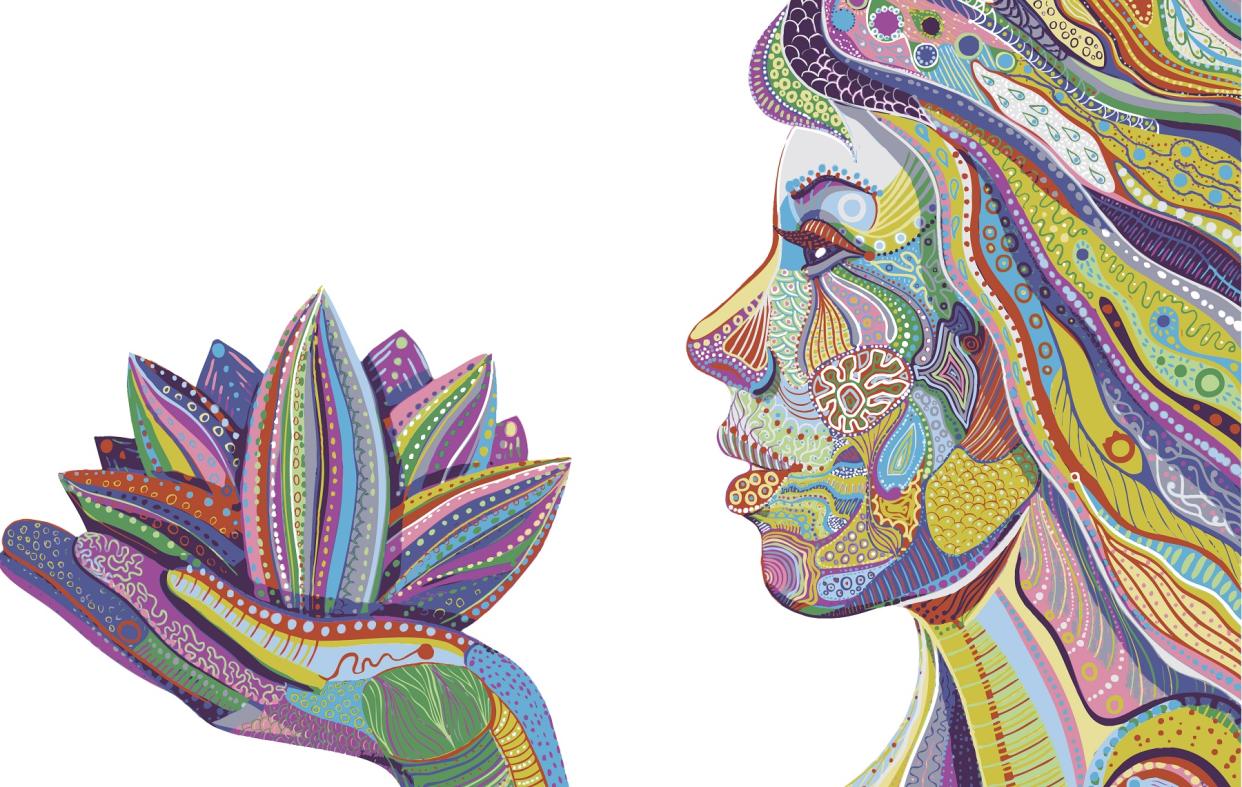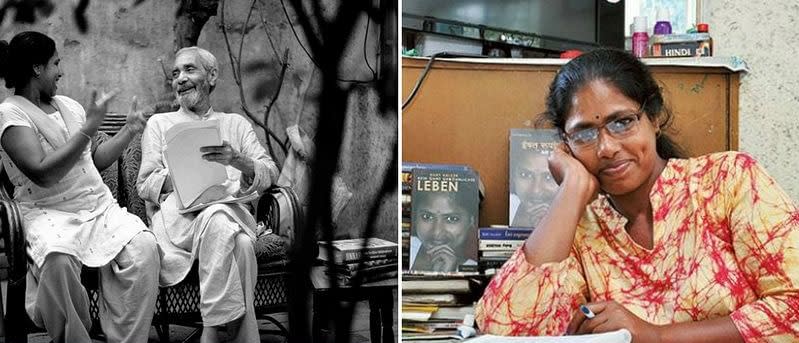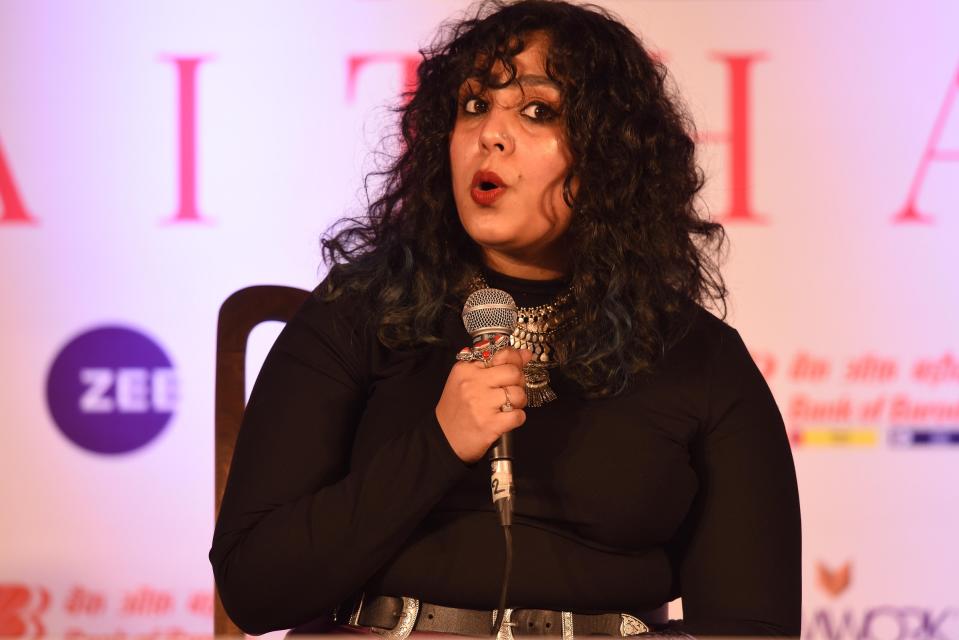Six Inspiring Autobiographies By Indian Women That You Must Read

The journey of women’s rights movements across the world has always faced one common hurdle: the failure of the larger society, more often than not ruled by patriarchy, in understanding women – and the heterogenous complexities associated with their lives. Add to this the intersectionality of religion, caste, class, age, sexuality, and more, in the India context, it just gets more complex.
However, there are a bunch of women whose life stories will show you the larger picture – on how women’s lives are affected by the myriad factors which may be invisible to the privileged, upper class individuals. Do check out these six autobiographies by six women from different facets of life, to widen your understanding of women’s lives.
A Life Less Ordinary, Baby Halder
Born in an abusive household, Baby Halder had faced unimaginable trauma before getting married. Leaving her abusive husband and moving to Delhi with her young children, Baby earned a livelihood as a domestic worker. It was then that her employer – a retired professor – encouraged her to read literary works.

Once she got hooked on to reading, Baby started writing about her own life, in her mother tongue, Bengali. With the support of her employer, the book was initially published in Hindi, in 2005 and became a huge success; it even got two more editions in two years. It was later published in 21 languages – including French, Japanese, and Korean. Baby Halder went on to publish another book recently, and has built a house from her earnings from the first book.
I want to destroy myself, Malika Amar Sheikh
Marathi writer and Dalit political activist Malika Amar Sheikh wrote her autobiography - Mala Udhvasta Whaychay (translated by Jerry Pinto as I want to destroy myself)- in 1984, following her traumatic marriage to Namdeo Dhasal, a prominent writer and activist from Maharashtra. Now 73, Malika was daring in her honesty –her book revealed the anger and frustration in her marriage, facing her husband’s indifference. (Founder of the Dalit Panthers political party, he was the recipient of the Padma Shri as well as the Lifetime Achievement Award from the Sahitya Akademi.) This autobiography is also a portrait of the Bombay of poets, activists, prostitutes and fighters.
Also Read: Dalit Lives Matter: 8 Dalit Women Activists You Must Know About
The autobiography of a sex-worker, Nalini Jameela
At the age of 24, due to abject poverty following her husband’s death, Nalini Jameela from Thrissur, Kerala, became a sex worker. Now 66, she is one of the most prominent sex-worker activists in the country, as well as a best-selling author. Interestingly, Nalini wrote her 10th grade exam and studied till 12th grade while working as a prostitute in the 1990s.
Her autobiography, first published in 2005 in Malayalam, sold 13,000 copies in just 100 days, and was soon translated into English and French. In the book, she not only recollects the hardships she faced, including violence at the hands of police officers, but also highlights human rights for sex workers.
Coming out as Dalit, Yashica Dutt
US-based journalist and author Yashica, 36, belongs to the Valmiki caste, a Dalit community - a secret she hid from the world for very long, fearing discrimination. Educated at the prestigious St.Stephen’s College in New Delhi and at Columbia University in New York, she gained the courage to come out as a Dalit following the suicide of Rohith Vemula, a (Dalit) student at Hyderabad University, in 2016.

In her book (first published in 2019), which is now considered a milestone in Dalit literature, she not only recounts her personal experiences but gives a peek into the Dalit history, and touches upon the need for reservation and Dalit voices in mainstream media. This book forces us to confront the injustices of caste and also serves as a call to action.
Once Upon a Life: Burnt Curry And Bloody Rags, Temsula Ao
Poet and short story writer Temsula Ao (75) recollects her childhood in Jorhat, Assam, and weaves across the tale of life in a small town that is also the gateway to Nagaland, in this memoir published in 2014. The book touches upon the life in North East of India, without getting into the socio-political issues in depth. Yet, it makes for an engaging read with its eloquent anecdotes.
Recipient of the Padma Shri award (2007), Sahitya Akademi award (2013) and the Meghalaya Governor's Gold Medal (2009), Temsula is considered one of the most remarkable authors from North East India. A retired professor of English literature and former Director of North East Cultural Zone, Temsula uses humour aplenty in this book.
My Story, Kamala Das
A recipient of multiple national and international awards, Kamala Das – whose work includes poems, novels, short stories, and essays – is considered one of the iconoclastic writers in world literature, and My Story shows you why. Initially released as Ente Katha in Malayalam by Kamala Das aka Madhavi Kutty, this autobiography throws light on the lives of upper caste women in the pre-Independence as well as newly-independent India. First published in 1973, when she was just 42, this book explores sexuality, marriage, love, and spirituality, in a relatable yet surreal prose. Although criticised for fictionalising of some events mentioned in the book, it is among the best-selling autobiographies in the subcontinent.
Also Read: Feminism: These Authors Know What They Are Talking About


